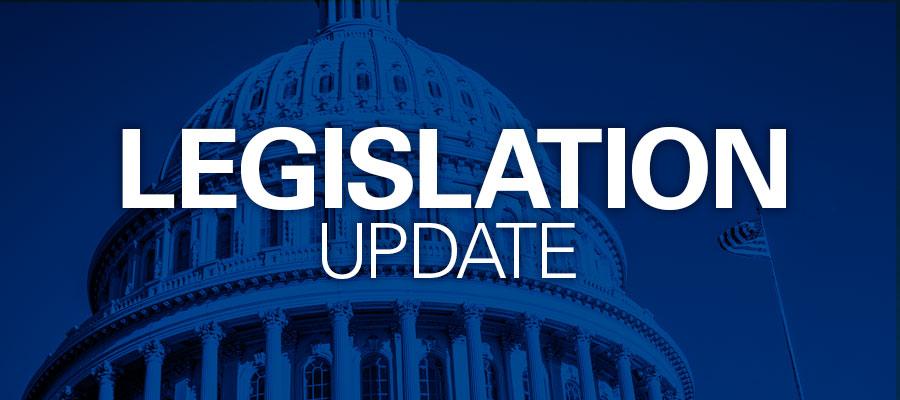Senate passes bill averting Medicare cuts to hospitals, other providers

As urged by the AHA, the Senate last night voted 59-35 to pass legislation that would stop Medicare cuts to hospitals, physicians and other providers from going into effect early next year. The House passed the bill on Tuesday, and President Biden is expected to sign it into law soon.
Specifically, the bill would extend the moratorium on the 2% Medicare sequester cuts until April 1, 2022, and reduce the cuts from 2% to 1% from April 1 through June 30, 2022. The package also would stop the 4% statutory Pay-As-You-Go sequester from taking effect early next year.
Other provisions in the package would mitigate a separate Medicare payment cut to physicians; delay payment cuts and private payer data reporting requirements for certain hospital laboratories; delay the implementation of the radiation oncology model; and set up a fast-track process in the Senate to allow for a vote to increase the debt limit.
“The AHA appreciates that the Senate, on a bipartisan basis, has joined the House in halting harmful and imminent Medicare cuts to hospitals and physicians,” said AHA President and CEO Rick Pollack. See the full statement shared with the media.

